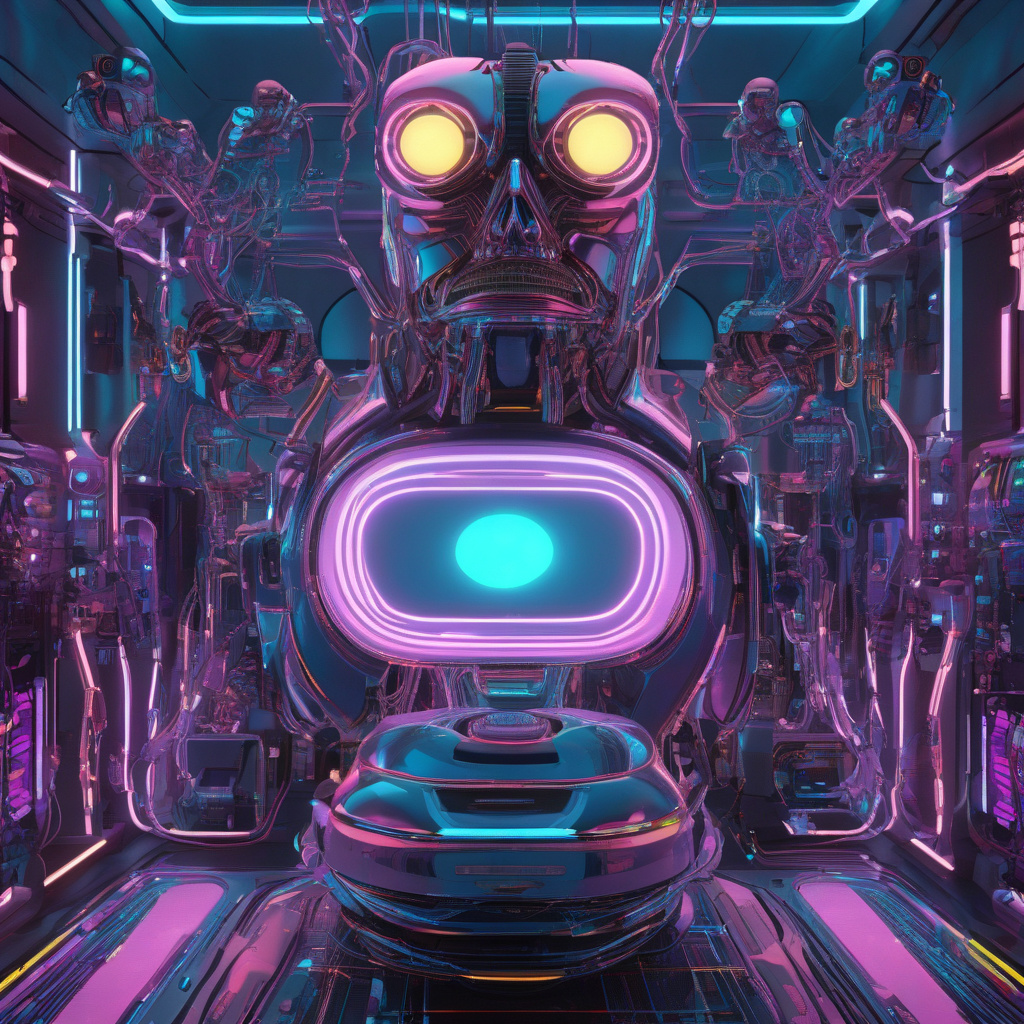Are Short Answers Making Chatbots Hallucinate?
In the ever-evolving landscape of artificial intelligence, the quest for more concise and efficient interactions has led to an intriguing discovery. A recent study conducted by Giskard, a prominent AI testing company based in Paris, has shed light on a fascinating correlation between requesting short answers from chatbots and an increase in hallucinations within their responses.
According to researchers at Giskard, who are actively engaged in developing a comprehensive benchmark for evaluating AI models, the phenomenon of chatbot hallucinations is more pronounced when users prompt these AI entities to provide shorter responses. This unexpected finding challenges conventional wisdom regarding the benefits of brevity in human-AI interactions.
Imagine asking a chatbot a direct question, expecting a succinct and precise answer, only to receive a response that seems to veer off into a realm of its own—a scenario that raises intriguing questions about the inner workings of AI algorithms. This study underscores the delicate balance between efficiency and accuracy in AI communication, highlighting the complexities that arise when human expectations clash with machine capabilities.
At the same time, this research opens up a myriad of possibilities for further exploration in the field of AI development. By delving deeper into the mechanisms that govern chatbot responses, developers can gain valuable insights into optimizing AI models for enhanced performance and reliability.
In practical terms, this study serves as a cautionary tale for those who rely on chatbots for quick, concise information. While the convenience of receiving instant answers is undeniable, it is essential to recognize the limitations of AI systems and the potential consequences of imposing constraints that may inadvertently trigger unintended outcomes.
As professionals in the IT and technology sector, it is crucial to stay informed about the latest research findings and trends shaping the future of artificial intelligence. By remaining vigilant and discerning in our approach to AI technologies, we can navigate the complexities of this rapidly evolving landscape with confidence and foresight.
In conclusion, the link between requesting short answers from chatbots and an increase in hallucinations underscores the intricate nature of human-AI interactions. This study serves as a valuable reminder of the nuances involved in designing and utilizing AI systems effectively, prompting us to rethink our assumptions and approaches in leveraging these technologies for optimal outcomes.

